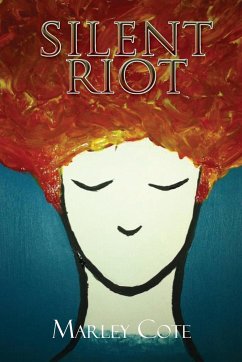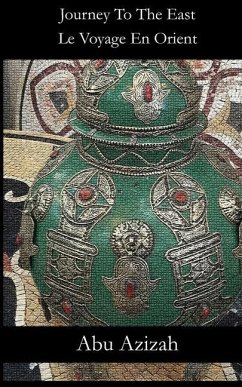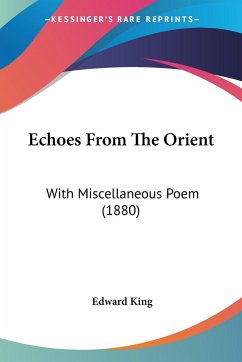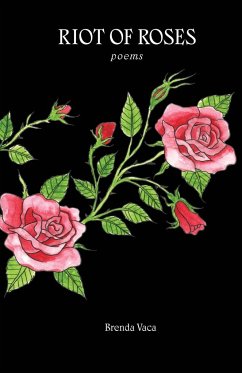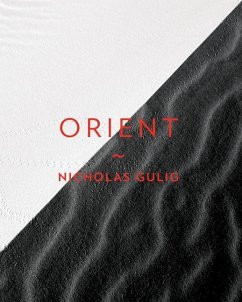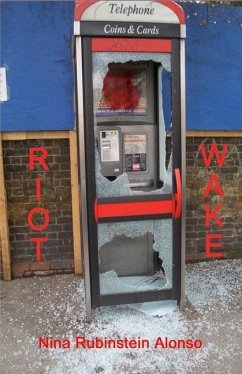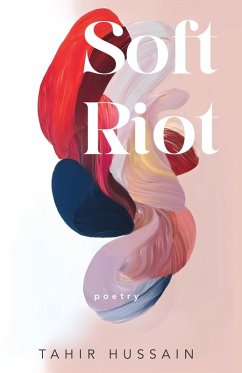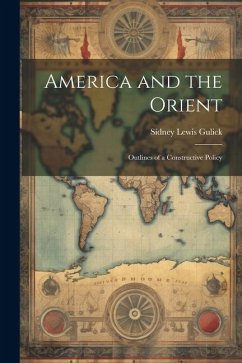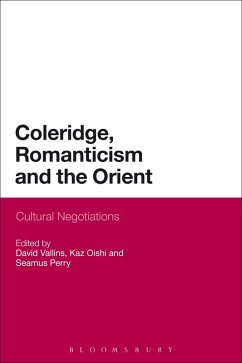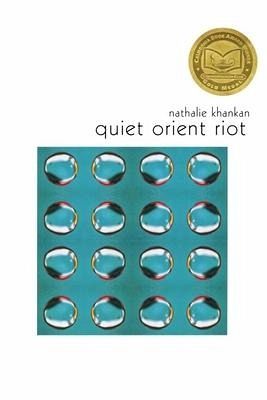
Quiet Orient Riot
Versandkostenfrei!
Versandfertig in über 4 Wochen
14,99 €
inkl. MwSt.

PAYBACK Punkte
7 °P sammeln!
"quiet orient riot is a book about birth regimes and the politics of reproduction. Tracing the immaculate conception of a child through to her birth, it unspools the many ways that liturgical commands and an intense demographic anxiety affect a journey towards motherhood. What does it mean to bear a Palestinian child in the occupied Palestinian territory, enabled through contingent access to Israel's sophisticated fertility treatment infrastructure? How do you bear a body whose very creation is enabled by the pronatalist state, yet not recognized by it? How do you end up a national vessel? Are...
"quiet orient riot is a book about birth regimes and the politics of reproduction. Tracing the immaculate conception of a child through to her birth, it unspools the many ways that liturgical commands and an intense demographic anxiety affect a journey towards motherhood. What does it mean to bear a Palestinian child in the occupied Palestinian territory, enabled through contingent access to Israel's sophisticated fertility treatment infrastructure? How do you bear a body whose very creation is enabled by the pronatalist state, yet not recognized by it? How do you end up a national vessel? Are we all national vessels? While the journey is specific and localized, the larger questions that emerge from these poems are not: what kind of language may hold precarious life? What kind of poem may see a body held inside a body through emergency, diminishment and into resistance, bloom? Importantly, and over and above demographic and religious imperatives, these poems are concerned with other kinds of worship, bowing to a "chirpy printed sound," "what grows in the rubble," and "the capacity for happiness despite visual evidence." Where you look, there are water holes for the thirsty and a grove of "little justices.""--



